Many of the early blues pioneers have early lives mired in mystery–then there’s Son House.
Born March 21, 1902, in the town of Lyon, Mississippi, Son House was born Eddie James House Jr., one of four brothers. He came from a musical family, his father being a traveling tuba player. His uncles also played guitar but none of them followed their brother into making a music a career. Later in his life, his father quit drinking and became a deacon in the Baptist church.
BEFORE THE BLUES
While the rest of his family focused on instruments, Son house pursued singing early on. Also of note was that he was a very religious child and was against blues music initially. As the family moved from Mississippi to Louisiana he would continue to show disdain for the blues and remain very devoted to his faith.
He married a New Orleans native named Carrie Martin in 1923. He would move to Centerville to help with the family’s farm but eventually left when he figured he was being used for labor. Son House never actually moved on from his marriage to Martin and was still bitter about the arrangement. His experience farming resulted in him having a disdain of steady work in general and he would move from job to job often in his youth. The one job he regularly went back to was at a ranch in Louisiana.
Another constant in Son House’s life—up until his mid-late 20s—was religion. He continued to preach and actually worked as a pastor at a few churches. Around this time, his drinking became an issue. In a reversal of his father’s enlightenment and indulgence, he took to drinking and partying after finding religion.
After falling out with the Baptist church, he spent his time drinking with other Clarksdale musicians. This is when he would embrace the blues.
EARLY BLUES CAREER
After falling out with the Baptist church, he spent his time drinking with other Clarksdale musicians. This is when he would embrace the blues. He had heard slide guitar style for the first time and changed his tone towards the genre. After purchasing a guitar from local musician Frank Hoskins and practicing under him for several weeks, he was playing in a band with Hoskins, James McCoy, and Willie Wilson. His personal style’s foundation was basic guitar playing and gospel-influenced vocals.
Two years after he began playing, he would go to jail for three years. A shooting spree broke out a juke join House frequented and he was shot in the leg. By end of the spree, it is said that House shot the man and was given 15 years at Parchman Farm. After being released sometime between 1929 and 1930, he left Clarksdale for Lula, Mississippi—not too far from Clarksdale.
By House’s account once in Lula, he learned from and eventually joined up with Charlie Patton and Willie Brown. Patton played for Sara Knight’s establishment where she sold bootleg liquor and with Son House, helped her move more drinks.
His story is often disputed since at this point in his musical career—just under three years—it’s believed he wouldn’t have to skill to play alongside Patton and Brown. It was also mentioned that at this time, Brown and Patton weren’t playing together and that Patton didn’t play in Lula.
Later in 1930, House would join other (now) Lula-based musicians in recording for Paramount Records. At this time as Delta blues was emerging and few other labels had the new sound on vinyl, Paramount had its feet planted at ground zero for the genre. In this particular session, House did nine songs—eight of which flopped commercially. He continued to play but wouldn’t record again until 1965. He retired by the early 1940s and took up work in New York City.
THE RETURN OF SON HOUSE
In the early 1960s with the successes of mainstream artists heavily influenced by the blues, Son House was found in Rochester, New York. Several decades removed from the music scene, he was surprised to find that not only were there many people interested in the early Delta blues but also his early recordings.
As is the case with “retro enthusiast” movements, performers who are the subject of these revivals tend to get back into touring. For ten years Son House toured the U.S. and Europe playing at various blues and jazz festivals and on music programs. He would also record in 1965 and 1970.
By 1974 his health caught up to him and he went back into retirement. On October 19, 1988, Son House died at his home in Detroit, Michigan.
REFERENCES
-http://www.msbluestrail.org/blues-trail-markers/son-house
FULL PERFORMANCE
-https://www.youtube.com/watch?v=qzdMj7V2xXs





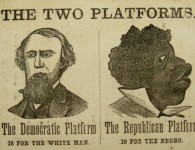


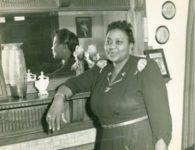


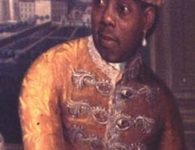
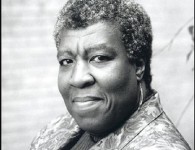
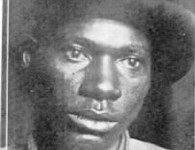


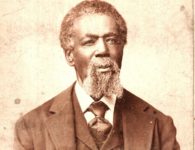
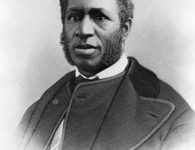
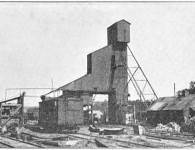


No comments